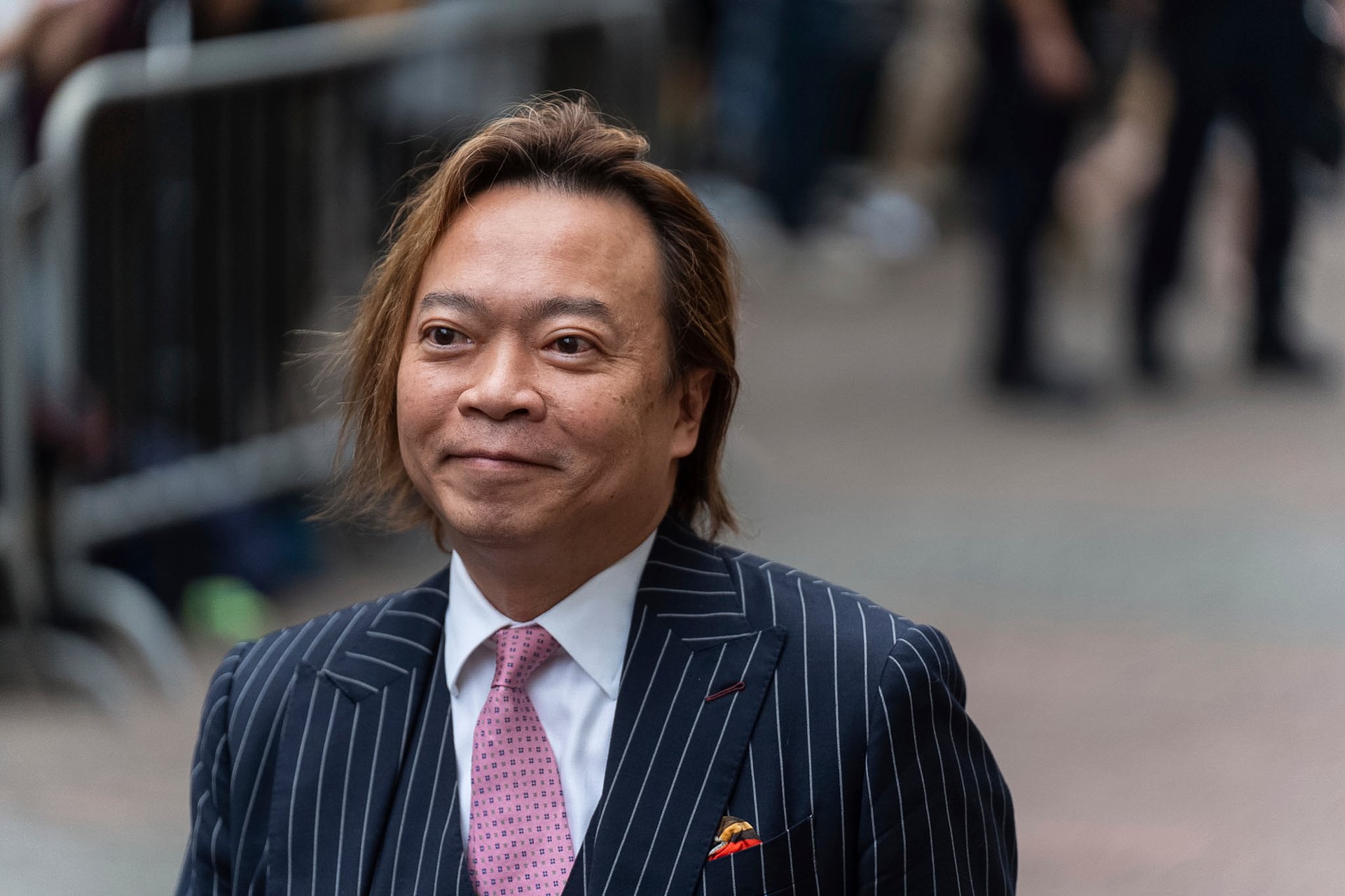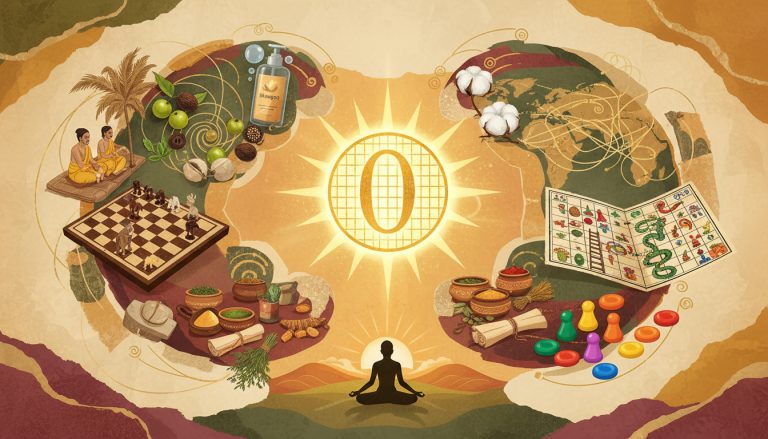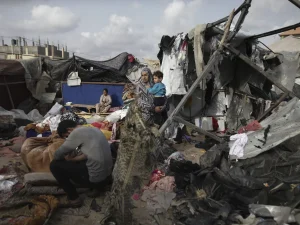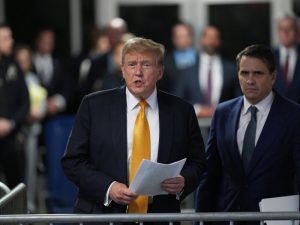In a landmark ruling on Thursday, 14 pro-democracy activists were convicted in Hong Kong’s largest national security case to date. This verdict highlights the sweeping impact of Beijing’s national security law on the city’s political landscape, silencing dissent and stifling democratic aspirations.
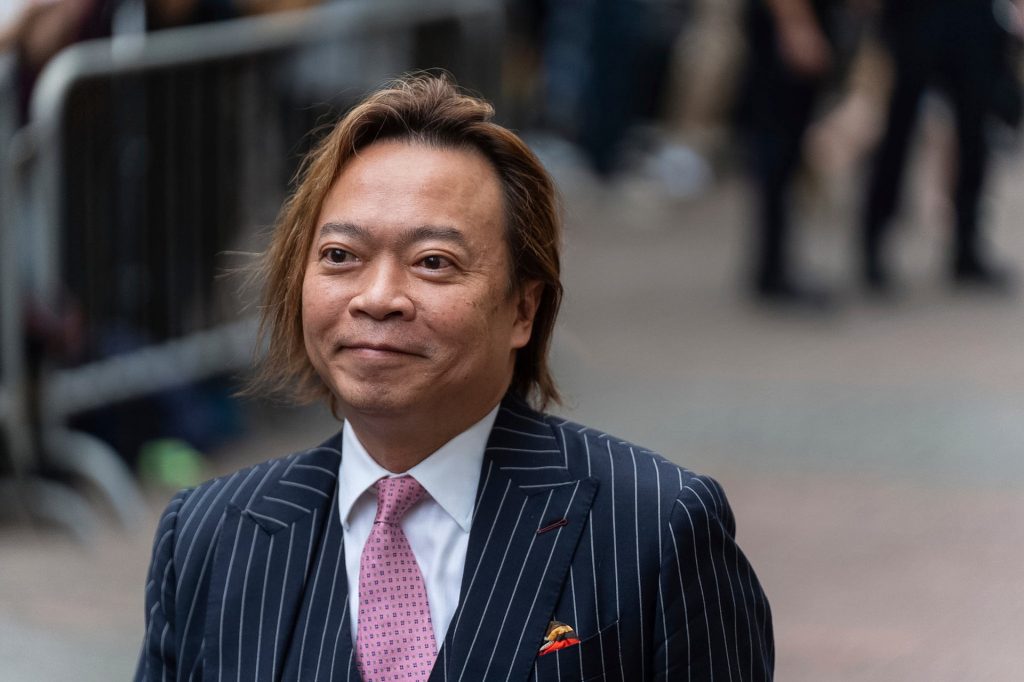
The case centers around an unofficial primary election held in 2020, intended to boost pro-democracy candidates’ chances in the legislative elections. However, authorities viewed this effort as a conspiracy to commit subversion, marking another dark chapter in Hong Kong’s struggle for democracy.
The 2019 Protest Movement and Its Aftermath
The seeds of the current crackdown were sown in 2019 when Hong Kong was engulfed in a massive pro-democracy protest movement. Millions took to the streets, demanding greater political freedom, democratic reforms, and accountability for police actions.
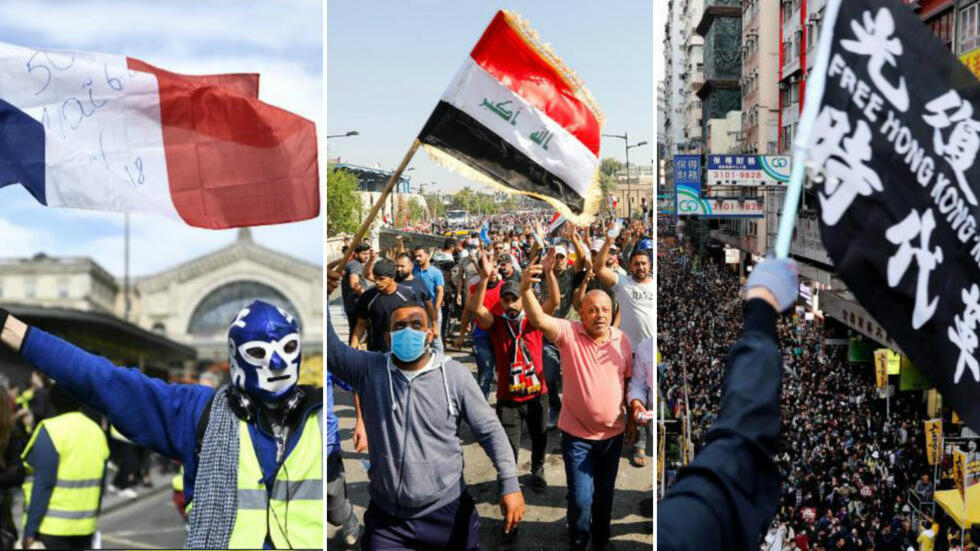
The protests were initially triggered by a controversial extradition bill, which was eventually withdrawn, but the movement evolved into a broader fight against Beijing’s tightening grip on the semi-autonomous city.
In response to the unrest, Beijing imposed a sweeping national security law in June 2020. The law criminalizes secession, subversion, terrorism, and collusion with foreign forces, granting authorities broad powers to crack down on dissent.
Since its implementation, the law has been used to arrest and silence activists, journalists, and opposition figures, severely curtailing Hong Kong’s civil liberties.
The Unofficial Primary Election
The convicted activists were among 47 pro-democracy advocates charged in 2021 for their involvement in an unofficial primary election held in July 2020. The primary aimed to select candidates who could run in the official legislative elections and secure a majority in the Legislative Council.
The pro-democracy camp hoped this would enable them to block government budgets and push for their demands, including greater political freedoms and police accountability.
The primary saw an unexpectedly high turnout of 610,000 voters, about 13% of the city’s registered electorate. However, authorities quickly labeled the primary as an attempt to paralyze the government and subvert state power.
Prosecutors argued that the activists’ plan to use their legislative power to veto budgets would undermine the government’s authority and create a constitutional crisis.
The Court’s Verdict
The court convicted fourteen activists of conspiracy to commit subversion, including prominent former lawmakers Leung Kwok-hung, Lam Cheuk-ting, Helena Wong, and Raymond Chan.
They now face potential life sentences. Two other defendants, former district councilors Lee Yue-shun and Lawrence Lau, were acquitted. However, prosecutors have indicated their intention to appeal the acquittals.
In its 319-page verdict, the court argued that the activists’ plan to veto government budgets would severely hamper the implementation of new policies and undermine the authority of the government and the Chief Executive. The judges concluded that the activists’ actions would create a constitutional crisis, justifying the severe charges under the national security law.
Responses to the Verdict
The convictions have sparked a wave of condemnation from human rights organizations and pro-democracy advocates worldwide. Maya Wang, acting China director at Human Rights Watch, criticized the verdicts, stating that the convictions show “utter contempt for both democratic political processes and the rule of law.”
She emphasized that “democracy is not a crime, regardless of what the Chinese government and its handpicked Hong Kong court may say.”
Sarah Brooks of Amnesty International echoed this sentiment, describing the mass convictions as “unprecedented” and the “most ruthless illustration yet of how Hong Kong’s National Security Law is weaponized to silence dissent.”
Brooks warned that the verdicts send a chilling message to anyone in Hong Kong who opposes the government: “Stay quiet, or face jail.”
The Future of Hong Kong’s Democracy
The case of the fourteen convicted activists is a stark reminder of the dire state of democracy in Hong Kong. Since the introduction of the national security law, the city’s authorities have systematically dismantled the infrastructure of democratic dissent.
Many activists have been arrested, silenced, or forced into exile, and dozens of civil society groups have disbanded.
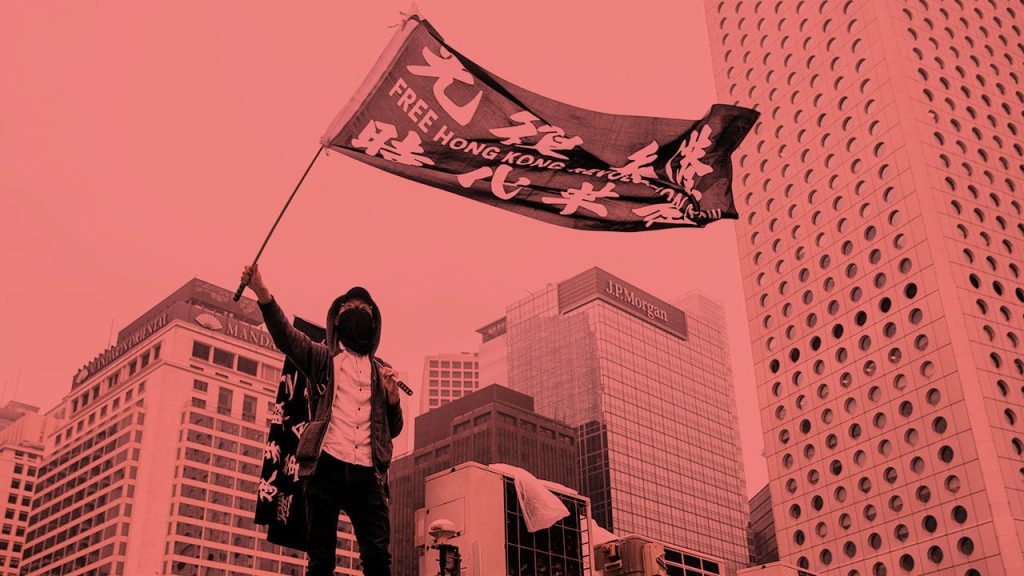
The Hong Kong government and Beijing argue that the national security law has restored stability to the city. However, this stability comes at the cost of fundamental freedoms and the rule of law.
When Britain handed Hong Kong back to China in 1997, Beijing promised to maintain the city’s Western-style civil liberties for 50 years. But the events of the past few years suggest that this promise is being systematically eroded.
The Role of the International Community
The international community has a crucial role in supporting Hong Kong’s pro-democracy movement. Governments and human rights organizations worldwide must continue to speak out against repression in Hong Kong and apply diplomatic pressure on Beijing to respect the city’s autonomy and democratic rights.
Moreover, sustained support for Hong Kong’s civil society is needed, including legal aid for those prosecuted under the national security law and assistance for activists forced into exile. By keeping the spotlight on Hong Kong, the international community can help ensure that the city’s struggle for democracy is not forgotten.
The conviction of fourteen pro-democracy activists in Hong Kong’s biggest national security case underscores the harsh reality of the city’s political climate.
The national security law has become a tool for silencing dissent and dismantling the democratic aspirations of Hong Kong’s people.
As the world watches, it is imperative that the international community stands in solidarity with Hong Kong’s pro-democracy movement, advocating for the rights and freedoms that the city’s residents deserve. The fight for democracy in Hong Kong is far from over, and global support remains crucial in this ongoing battle for justice and liberty.

